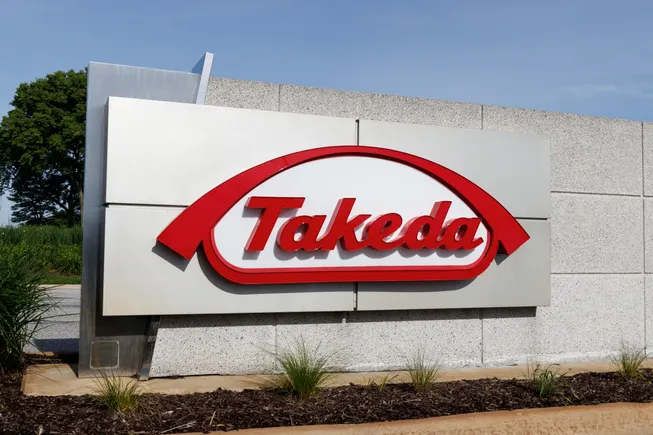Takeda’s Strategic Collaboration with Innovent Biologics in China
Takeda, a global pharmaceutical company, has recently announced a significant collaboration with Innovent Biologics, a leading biotechnology company based in China. This collaboration, valued at over $11 billion, focuses on advancing Takeda’s oncology pipeline through the acquisition of rights to two experimental cancer therapies in late-stage development, with an option for a third in earlier stages.
The partnership includes an upfront payment of $1.2 billion to Innovent, along with a $100 million equity investment at a premium. Additionally, Takeda has the potential to provide an additional $10.2 billion based on the successful development of the three molecules and reaching various milestones.
This move by Takeda highlights the growing trend of large pharmaceutical companies seeking innovative medicines from Chinese laboratories. With the rapid growth of China’s biotechnology sector and the need for new therapies to address patent expirations, collaborations like this have become increasingly common in the industry.
For Takeda, this collaboration comes at a crucial time as the company faces challenges such as the loss of market exclusivity for key products like Vyvanse. Despite these challenges, Takeda has a strong pipeline with promising candidates in advanced testing, including a new sleep medication and therapies for autoimmune conditions.
The two key therapies acquired through the collaboration with Innovent are IBI363, a dual-targeting antibody that shows potential in treating solid tumors, and IBI343, an antibody-drug conjugate targeting a protein overexpressed in several cancers. These therapies have shown promising clinical activity in early studies, particularly in lung, colorectal, gastric, and pancreatic cancers.
Teresa Bitetti, Head of Takeda’s global oncology business, believes that these therapies have the potential to address critical treatment gaps for patients with solid tumors and could significantly enhance Takeda’s oncology portfolio. The collaboration also includes a third potential therapy targeting EGFR and B7H3 proteins, currently in early-stage trials.
In conclusion, Takeda’s collaboration with Innovent Biologics in China represents a strategic move to strengthen its oncology pipeline and bring innovative therapies to patients in need. This partnership not only underscores the importance of international collaborations in drug development but also highlights the growing role of Chinese biotechnology companies in advancing the field of oncology.


